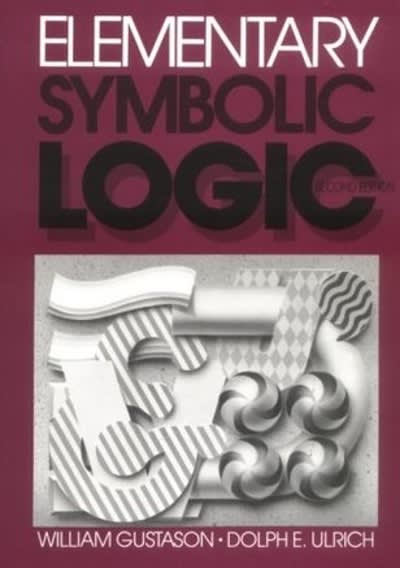Question
In 1974, Loftus and Palmer conducted a classic study demonstrating how the language used to ask a question can influence eyewitness memory. In the study,
In 1974, Loftus and Palmer conducted a classic study demonstrating how the language used to ask a question can influence eyewitness memory. In the study, college students watched a film of an automobile accident and then were asked questions about what they saw. One group was asked, "About how fast were the cars going when they smashed into each other?" Another group was asked the same question except the verb was changed to "hit" instead of "smashed into". The "smashed into" group reported significantly higher estimates of speed than the "hit" group. Suppose a researcher repeats this study with a sample of today's college students and obtains the results shown below. Using an independent-samples t-test with an alpha of 0.05, two-tailed, is there enough evidence to support that there is a significant difference in speed estimates in the 2 conditions? Make sure to run an entire hypothesis test, including a measure of effect size.
| Estimated Speed | |
| Smashed into | Hit |
| n=15 | n=15 |
| Mean=40.8 | Mean=34 |
| s2=36.43 | s2=29.57 |
For your answer to this question, write a paragraph IN YOUR OWN WORDS that contains all of the following information: (a) Hypotheses (b) Critical values (c) Final t value answer (d) Effect size answer & interpretation (e) Confidence Interval (f) Conclusion about the null hypothesis (g) Written summary of the conclusions that can be made from this study You are not required to show all calculation work for this question, but it can be helpful to include to earn partial credit if you make a calculation error. MAKE SURE TO LABEL EACH SECTION IN YOUR ANSWER USING A THROUGH G (see list above)
Step by Step Solution
There are 3 Steps involved in it
Step: 1

Get Instant Access to Expert-Tailored Solutions
See step-by-step solutions with expert insights and AI powered tools for academic success
Step: 2

Step: 3

Ace Your Homework with AI
Get the answers you need in no time with our AI-driven, step-by-step assistance
Get Started


